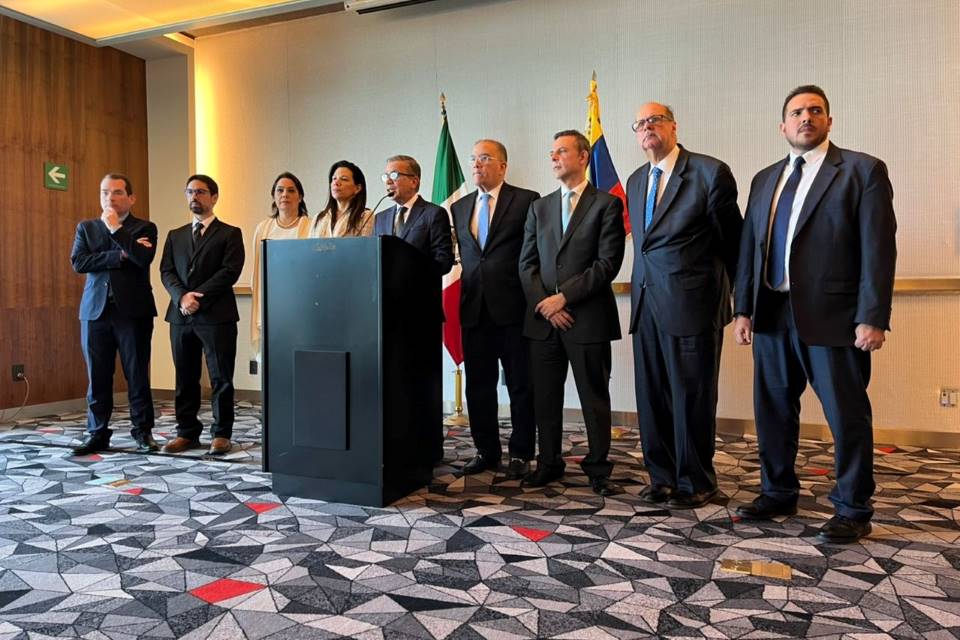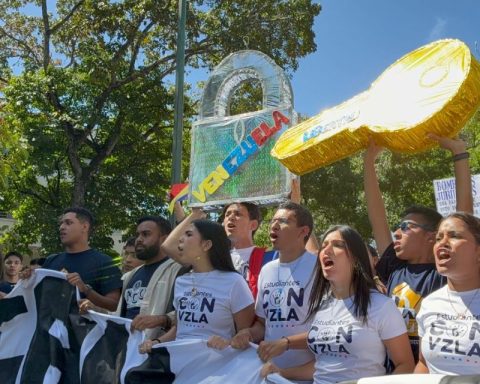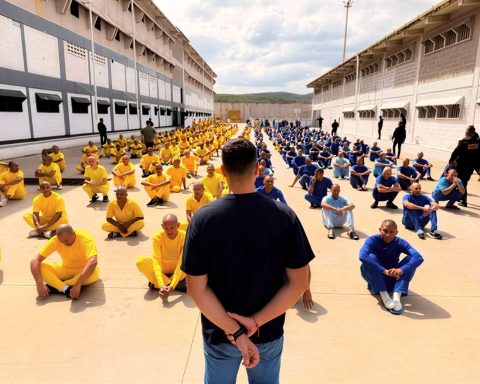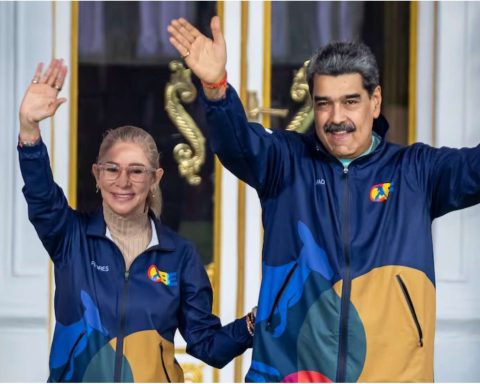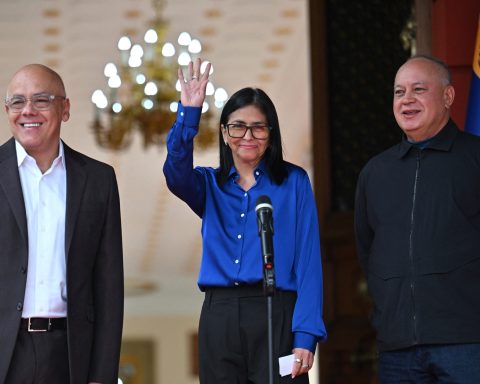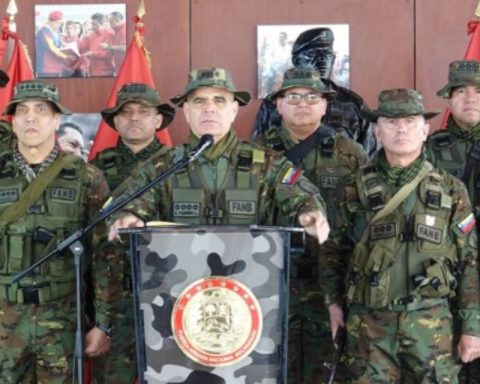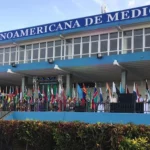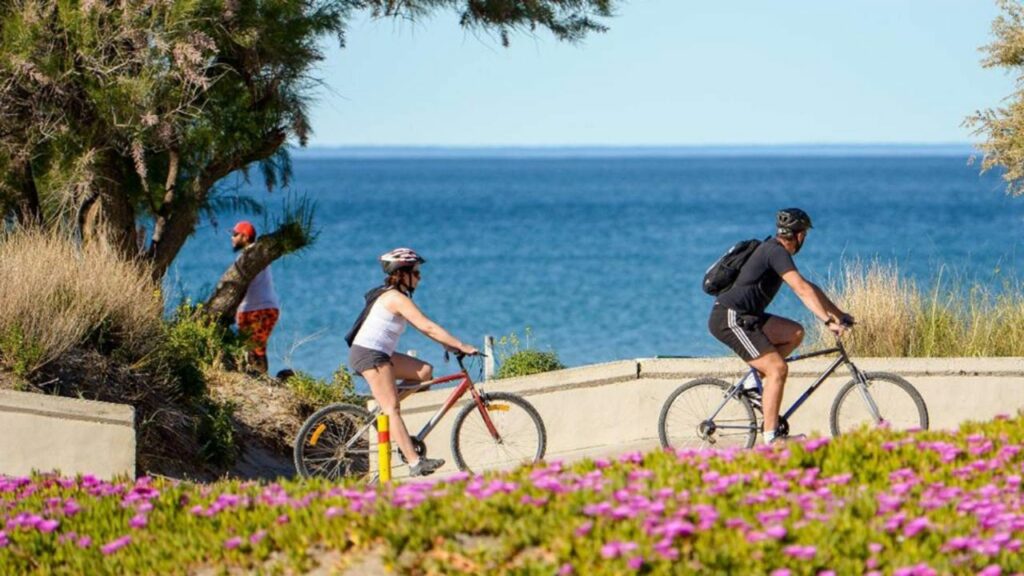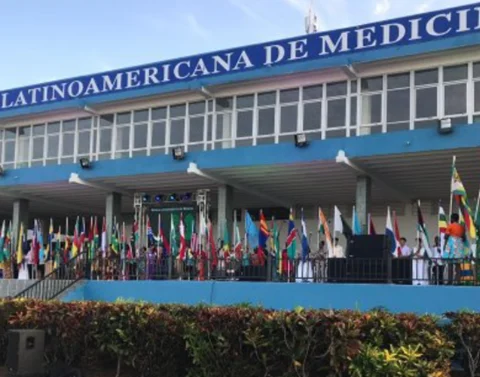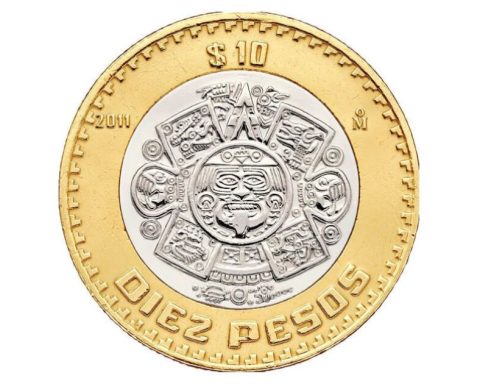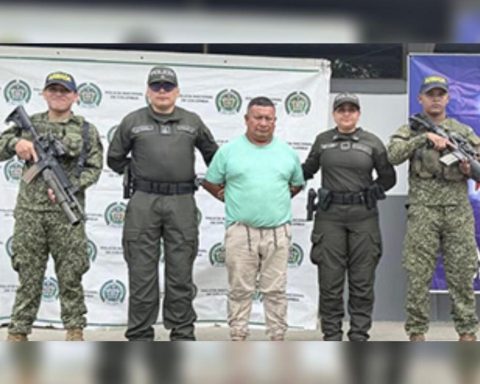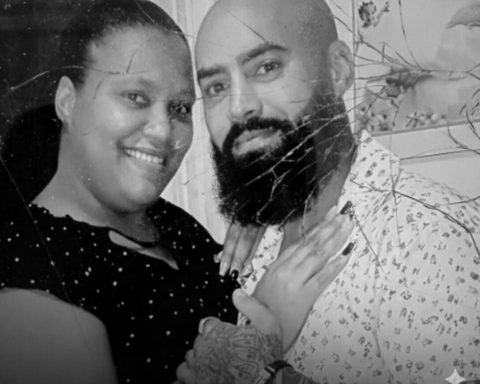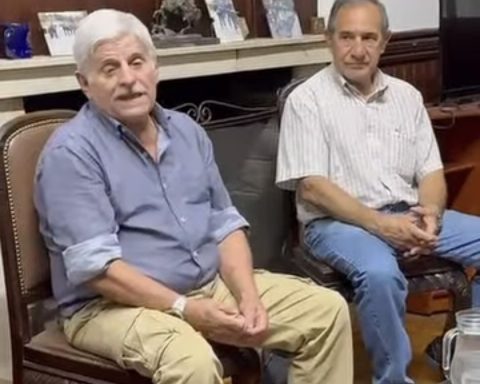Civil society and human rights defenders (DDHH) ask to participate on the issue in Mexico. Roberto Enríquez, delegate in the negotiations, rules out that international investigations for human rights violations are even under discussion in the dialogue
Text: Gustavo Ocando Alex
The Rights Human Rights (DDHH) should be the epicenter of the political negotiations in Mexico on Venezuela, while the impunity of perpetrators in trials for crimes against humanity should not even be raised in these dialogues, say experts and one of the opposition delegates.
The government of Nicolás Maduro and the Unitary Platform of parties that oppose him resumed the negotiation process in the Mexican capital two weeks ago.
*Read: Dialogue in Mexico will remain cold until 2023, confirms Nicolás Maduro Guerra
After the first round of talks between the two delegations, an agreement of a social nature was announced to attend to emergencies regarding health, food and the proper operation of public services for Venezuelans through a million-dollar fund that will be administered by United Nations agencies, from agreement with the actors in the process.
That same day, the United States government relaxed its economic sanctions against the Madurista government to allow the US company Chevron exploit and export Venezuelan oil to its territory for at least six months.
* Read: Official delegation: More than 3,000 million dollars will be unfrozen
It was learned that the agreed social agreement paves the way so that, as soon as negotiations are resumed, the parties discuss political and electoral guarantees. So, the first advances in the dialogue in Mexico had a smell of humanitarian assistance, oil and elections, but little respect for human rights, according to activists in the area.
Although spokespersons for civil associations applauded the humanitarian aid on the way, they have also demanded that human rights form an essential part of the dialogues.
For Beatriz Borges, lawyer, human rights defender and founder of the Center for Justice and Peace, human rights “must be at the center” of the political discussion in Venezuela to help the actors to “have a comprehensive vision” of the crisis.
“It is a measure of dignity indicator (…) We are one Venezuela that needs democratic institutions and the guarantee of rights,” he claimed last week during a forum organized by the US think tank WOLA.
*Read: CPI published a form to hear complaints from victims of human rights in Venezuela
The dialogue in Mexico resumed after 13 months of freezing and barely an agreement to vindicate Venezuela’s territorial right over Guyana Esequiba and another partial one, last year, to specify humanitarian and social care plans within the country.
Human rights are not negotiable
Roberto Enríquez, president of the opposition party Copei and one of the nine delegates of the Unitary Platform participating in the dialogue in Mexico, told the voice of america (VOA) that human rights are the backbone of their negotiations with Chavismo.
“Both through international pressure, popular pressure and negotiation, we must rescue an ecosystem of democratic coexistence that is based on respect for human rights” in Venezuela, the political leader commented in an interview on Thursday afternoon.
Enríquez, who lived for four years as a guest at the Chilean embassy in Venezuela after the Venezuelan authorities sought to capture him for alleged treason, attested that the opposition was pressing with the Maduro government to “restore order.” political and institutional” and “human rights are respected”.
“It is one of the objectives of the negotiation process,” he insisted, explaining that, for them, the key to achieving a system of democratic guarantees is a “free and fair” election.
A presidential vote of these characteristics would open the door to a “democratic scale” where the legitimately elected powers “guarantee balance” and generate “dynamics attached to the rule of law,” he explained.
“That is why it is such a political issue. It is not with a gesture of goodwill from Maduro or a promise (that respect for human rights will be achieved). It is that the State rests on the will of the people and that it is not subject to uncertainties and doubts, ”he indicated.
What is ruled out outright, he added, is that the opposition discuss amnesties in Mexico or the scope of criminal proceedings for violations of human rights in Venezuela by officials of the Maduro government.
An independent UN Human Rights Council fact-finding mission in Venezuela concluded in September that Maduro and other political leaders, such as Diosdado Cabello, are ultimately responsible for an “orchestrated plan” to “repress dissent through the commission of crimes against humanity”.
The Maduro government’s chancellery then rejected what it classified as “false and baseless accusations” by the United Nations Mission.
Meanwhile, the chief prosecutor of the International Criminal Court has requested permission from a higher unit of the body to resume his investigation into the commission of crimes against humanity in the South American country, a request repudiated by the authorities of the Madurista government and the attorney general and former deputy Tarek William Saab.
In accordance with article 29 of the Rome Statute, constitutive instrument of the International Criminal Court, of 1998, the crimes that are the competence of the body do not prescribe.
“The issues of human rights violations are not negotiable. These are not part of the negotiation process” in Mexico, commented Enríquez, for his part, about the possibility of agreeing on immunities in favor of the perpetrators or that there is no justice for the victims.
Human rights, the center of the discussion
Human rights “should be at the center of the discussion” in Mexico due to the urgent duty of the Venezuelan State to satisfy and protect them “without discrimination”, values the lawyer and professor at the Andrés Bello Catholic University, Carlos Lusverti.
The crisis in this matter has deepened in the country, “to a large extent”, precisely due to the lack of “public policies that ensure transparency and accountability”, he says.
Lusverti believes that the discussion of crimes such as torture, persecution, disappearances and executions in Venezuela must take place, in any case, “seriously” and taking into account the rights of the victims “and fighting impunity.”
Although he admits that many cases would not have an immediate solution, there are others that can be resolved promptly, such as the elimination of political control mechanisms and “discriminatory” policies for political reasons among Venezuelans.
The Mexico City negotiation has “limits that should not be violated” in terms of human rights, warns, for his part, lawyer Eduardo Trujillo Ariza.
Among those borders that should not be discussed in the dialogue, much less mocked, would be the eventual granting of amnesties to “serious human rights violators,” observed the director of the Human Rights Center of the Andrés Bello Catholic University.
In his opinion, the negotiation is an “opportunity” to reconfigure the country, despite the turbulence that it may experience with the progress of the political talks.
“Human rights aspects permeate and permeate the entire negotiation, therefore, we hope it succeeds without generating impunity” in any case, he concluded.
Post Views: 85
